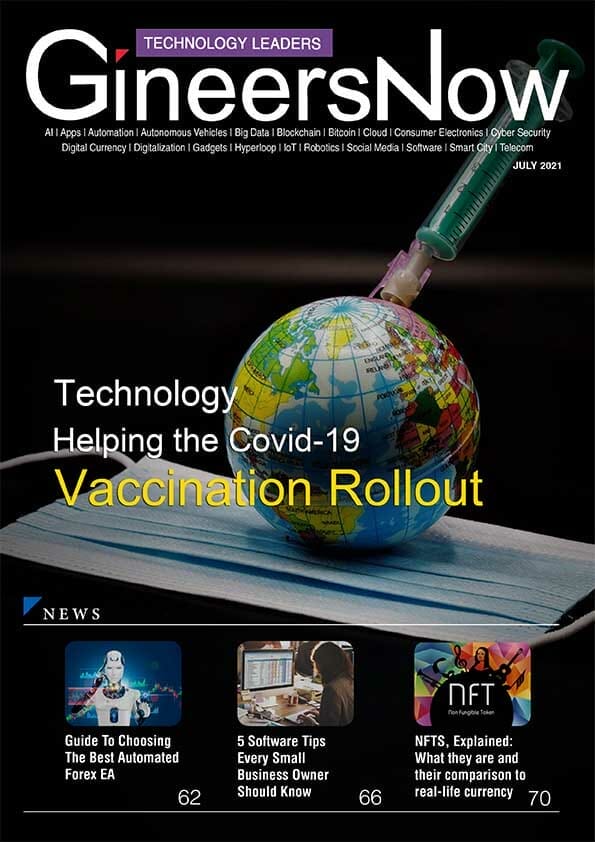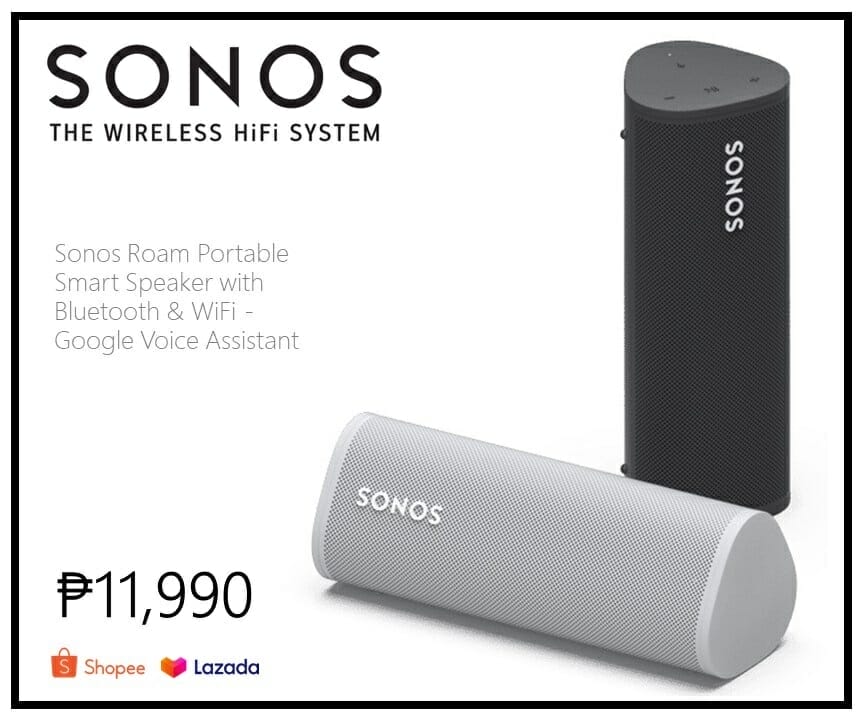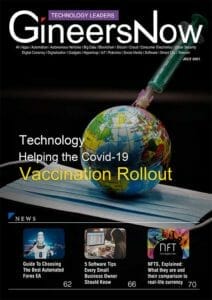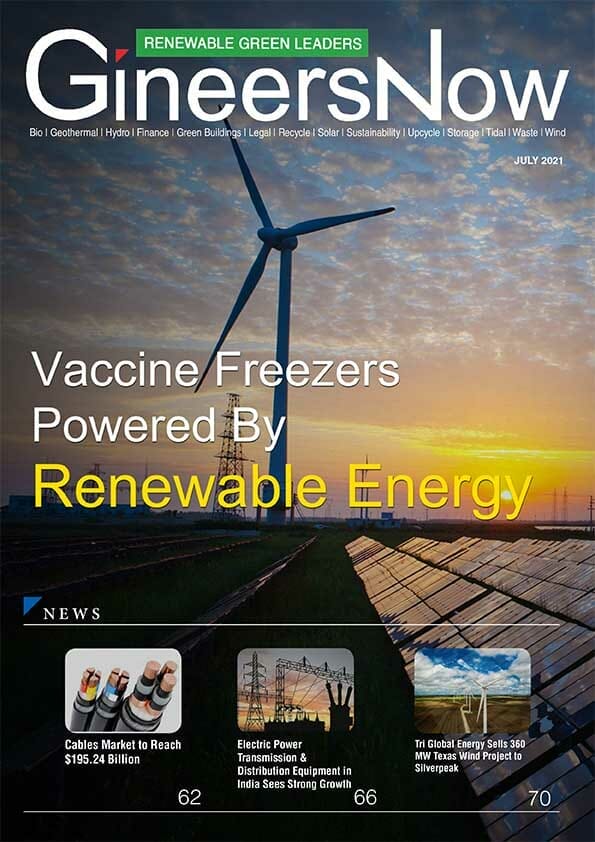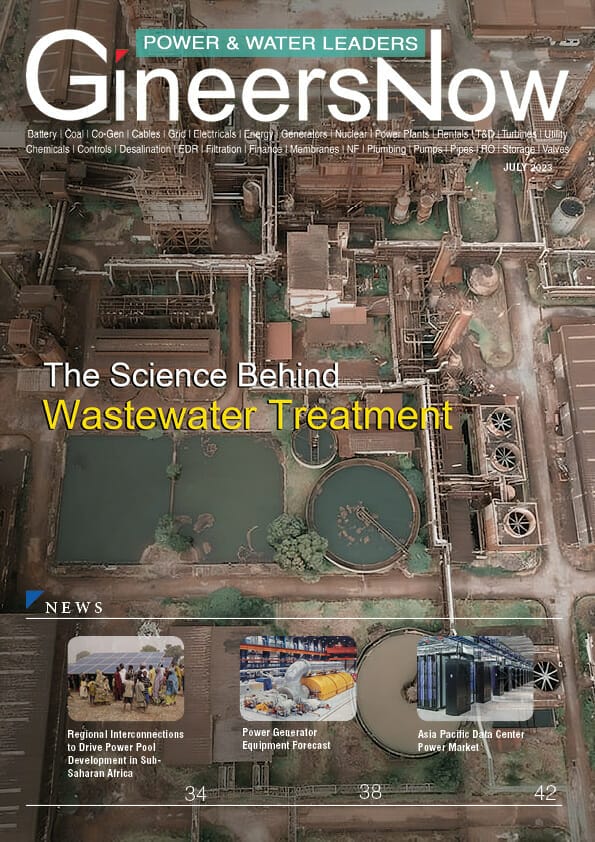Technologies that are Helping the Covid-19 Vaccination Rollout
The COVID-19 crisis has strained healthcare organizations’ resources as they attempt to fulfill patient needs and offer essential, life-saving care. Now that vaccine distribution has begun, hospitals and healthcare organizations want to guarantee that the rollout is safe and efficient.
Over the previous few months, healthcare professionals have encountered hurdles such as obsolete infrastructure, high online traffic, severe snowstorms, and communication breakdowns while attempting to administer the COVID-19 vaccination to communities. However, intelligent automation has been critical in overcoming these obstacles by augmenting a boosted staff with digital employees who can unburden and accelerate some of the vaccination journey’s most critical phases.
The pandemic has demonstrated how many healthcare institutions struggle to function on outmoded technological infrastructure and legacy systems. For instance, when more groups of people gain access to vaccinations, healthcare administrators are depending on virtual waiting rooms where individuals may schedule immunization appointments. However, many healthcare institutions’ older systems are unprepared to handle this unexpected increase in web traffic, resulting in website crashes and vaccination registration delays.
This is the area in which intelligent automation and digital employees excel. Intelligent automation significantly improves compatibility between old systems and new technologies, and we’ve already seen some remarkable success stories where solutions significantly simplified this essential endeavor.
As healthcare organizations become immersed in the complicated logistical process of COVID-19 vaccine rollout, they are now eager to accept solutions that will help them manage the heavy administrative tasks that comes with reporting first- and second-round vaccine recipients, as well as the potential backlog that this can cause. Half of US healthcare providers expect to invest in robotic process automation (RPA) during the next three years, according to prior reports.
RPA can assist healthcare companies save time and money by preventing $150 billion in revenue loss each year due to manually handled mistakes for patient appointments and bookings while also reducing labor costs for healthcare managers. RPA, a fundamental component of intelligent automation, not only allows educated, professional healthcare personnel to focus on higher-level, interpersonal activities by automating their administrative labor, but it also improves data quality and eliminates the danger of human mistake.
Over the last year, healthcare organizations have faced a variety of challenges in their efforts to offer critical, life-saving treatment, ranging from antiquated infrastructure to inclement weather and communication breakdowns. Intelligent automation has the potential to assist in addressing the numerous logistical problems associated with vaccination deployment and free up highly qualified healthcare personnel to focus on mission-critical activities.


